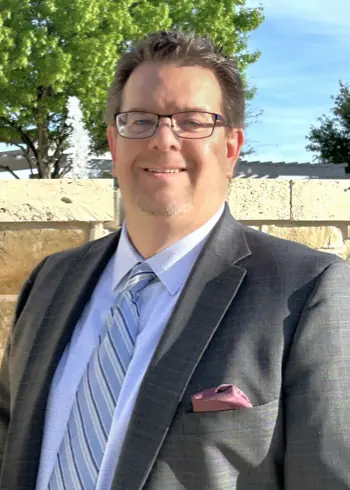Allegations of fraud are serious and often involve complex factual and legal issues. Whether you’re a business owner or contractor in Dallas-Fort Worth, understanding what evidence can be used in court is essential to protecting your rights and pursuing justice. At Ryan G. Cole Law, PLLC, we work closely with clients to gather and present legally admissible evidence that supports fraud claims or defends against them.
Our firm exclusively handles fraud claims arising from commercial business and construction transactions. We represent businesses and contractors in matters of fraud litigation.
What Constitutes Fraud Under Texas Law?
Fraud occurs when one party knowingly makes a false representation with the intent to deceive another, resulting in financial harm or other damages. Common types of fraud include:
- Business fraud (misrepresenting financials, false contracts)
- Insurance fraud
- Real estate or title fraud
- Contractor fraud
- Investment or securities fraud
To prove fraud in Texas, the following elements must be shown:
- A material misrepresentation was made
- The misrepresentation was false and known to be false
- The false statement was intended to be relied upon
- The victim justifiably relied on the false statement
- Damages resulted from that reliance
What Evidence Is Legally Admissible in a Fraud Case?
Not all evidence is created equal. To be used in court, evidence must meet certain legal standards. The most commonly admissible types of evidence in a fraud case include:
Documentary Evidence
Paperwork often plays a central role in proving or disproving fraud:
- Contracts, invoices, and purchase orders
- Financial statements and bank records
- Emails, letters, and text messages
- Internal company memos
These documents can show inconsistencies, misrepresentations, or attempts to cover up wrongdoing. For admissibility, documents must be authenticated—typically by witness testimony or digital metadata.
Testimonial Evidence
Witnesses who observed, participated in, or were affected by the alleged fraud can provide powerful testimony. This includes:
- Business partners or employees
- Customers or clients
- Forensic accountants or industry experts
Credible, consistent testimony can bolster documentary evidence or clarify technical issues.
Digital Evidence
In today’s digital age, electronic records are often key to proving fraud:
- Emails and chat logs
- Access logs and metadata
- Social media posts
- Voicemail and phone recordings
It’s important to preserve digital evidence properly. Attempting to alter or delete data could compromise its admissibility and harm your case.
Physical Evidence
In some fraud cases, tangible items can support a claim. Examples include forged documents, altered contracts, or defective products. Physical evidence must be handled and stored appropriately to ensure it is not contaminated or challenged in court.
How to Preserve and Collect Evidence Legally
When gathering evidence of fraud, you must do so legally and ethically. Unlawfully obtained evidence could be excluded from court or even lead to legal consequences for the party collecting it. Here are some best practices:
- Avoid unauthorized access to another party’s computer, email, or personal property.
- Preserve original records without altering or tampering with them.
- Consult legal counsel before collecting sensitive data, especially in the workplace or business contexts.
- Use proper discovery tools during litigation, such as subpoenas or requests for production.
Texas law—and federal law when applicable—governs the lawful methods for obtaining evidence. Working with an attorney ensures that all evidence is collected in accordance with the rules of civil procedure and evidence.
The Role of Legal Counsel in Fraud Investigations
At Ryan G. Cole Law, PLLC, we help clients in Dallas-Fort Worth gather evidence in a way that strengthens their fraud claims while preserving admissibility in court. We assist in:
- Evaluating the strength of the potential fraud case
- Coordinating forensic investigations or expert analysis
- Issuing legal demands and subpoenas for records
- Preparing witnesses for testimony
- Responding to evidentiary challenges from opposing counsel
Whether you’re pursuing a fraud lawsuit or defending against one, our goal is to ensure the truth is revealed through proper, lawful evidence collection.
Don’t Risk Your Case—Collect Evidence the Right Way
In fraud cases, evidence is everything. Without proper documentation, witness support, or digital records, even the most compelling claims can fall apart in court. Ryan G. Cole Law, PLLC, provides strategic legal guidance for businesses and contractors across Dallas-Fort Worth who are involved in fraud disputes.
If you believe you’ve been defrauded—or accused of fraud—contact us today to schedule a consultation. Let us help you gather the evidence you need to build a strong, legally sound case.

